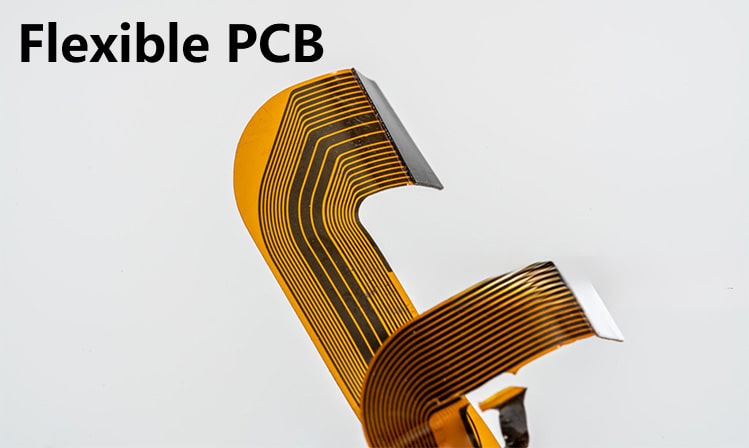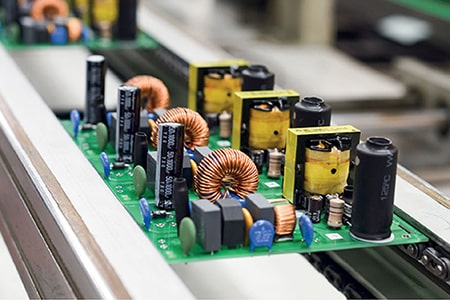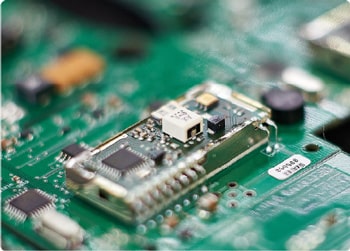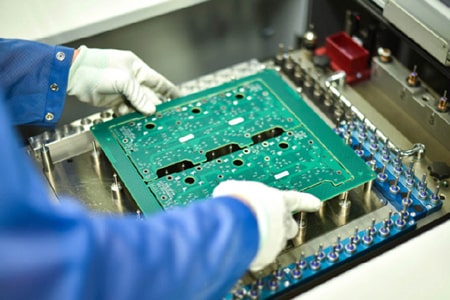Popular Science of PCB Flexible Board Materials
Flexible printed circuit boards (FPCs) are a type of circuit board commonly used in electronic devices, with advantages such as lightness and bendability. They are widely used in mobile phones, cameras, laptops and other devices. Understanding the materials of flexible boards is essential for designing and manufacturing efficient electronic products.
1. Polyimide
Polyimide is a common flexible substrate that is favored for its heat resistance and electrical properties. Its main features include:
High temperature resistance: It can withstand temperatures up to 260°C and is very suitable for use in high temperature environments.
Stability: It maintains excellent mechanical properties over a wide temperature range.
Chemical resistance: It can resist a variety of chemicals and is not easily corroded.

2. Polyester
Polyester material is also one of the common choices for FPC, with the following advantages:
Low cost: It is relatively affordable and suitable for projects with limited budgets.
Moderate performance: It performs well in medium and low temperature environments and is suitable for general consumer electronics.
Flexibility: It has good bending performance within a certain range.
3. Liquid Crystal Polymer (LCP)
Liquid Crystal Polymer is a high-performance material with the following properties:
Excellent electrical properties: outstanding performance in high-frequency applications.
Low hygroscopicity: stable performance in humid environments.
Heat resistance: can withstand extreme temperatures and is suitable for demanding industrial applications.
4. Copper Foil
Copper foil is the conductive layer of the flexible board, usually using electrolytic copper foil or rolled copper foil:
Electrolytic copper foil: low cost, suitable for general applications.
Rolled copper foil: has better ductility and flexibility, suitable for occasions that require frequent bending.
5. Adhesives
During the lamination process, adhesives are used to bond different materials together. Commonly used adhesives include:
Epoxy resin: a common adhesive with good heat resistance and bonding strength.
Acrylic resin: provides better flexibility and transparency, suitable for applications requiring optical clarity.
Application Areas
FPC is widely used in various electronic products, such as smartphones, cameras, wearable devices, and automotive electronics. The selection and combination of these materials directly affects the performance, life, and reliability of the product.
Understanding the characteristics and application scenarios of flexible board materials can help engineers and designers choose the right materials to meet specific project needs. With the advancement of technology, flexible board materials are also constantly developing, providing more possibilities for innovation in electronic products.
If you need high-quality soft board PCB, we are your ideal choice. We provide customized services with a variety of materials and specifications to meet your specific needs. Whether it is polyimide, polyester, or liquid crystal polymer, we can ensure excellent performance and reliability. Please feel free to contact our professional team to provide the best solution and quotation for your project.







